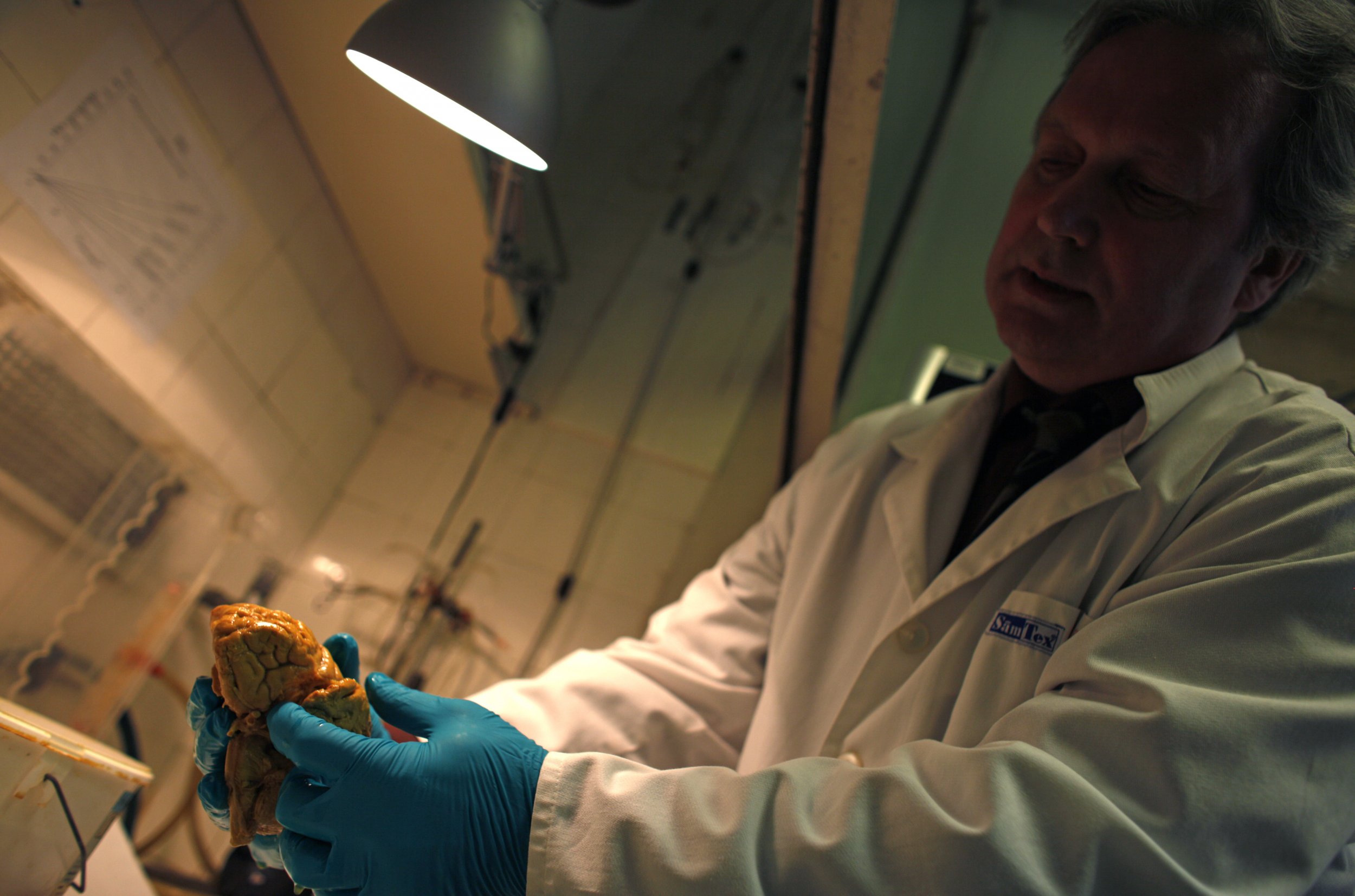
This article originally appeared onMedical Daily.
Adolescence is a time of growth and change — but psychologists also know it's a time when the first signs of certain mental health conditions, such as schizophrenia and bipolar disorder, can appear. The precise link between mental health and adolescence was unclear, but a new study on brain changes that occur in teenagers helps explain why late adolescence is such a critical time period for mental health.
MRI scans of teens revealed that brain regions which have the strongest link to the schizophrenia risk genes are developing most rapidly during those years. These regions are critical hubs that control how different regions of the brain communicate, so when something goes wrong, it can have wide-ranging implications.
The study, now published in the online journal Proceedings of the National Academy of Sciences, found that the outer region of the brain, known as the cortex, shrinks in size and becomes thinner during late adolescence. This process causes an increase in levels of myelin, the sheath that insulates nerve fibers and allows them to communicate effectively, Medical Xpress reported. This increase in myelin occurs in areas of the brain that act as major connections between different regions of the brain network.
"Adolescence can be a difficult transitional period and it's when we typically see the first signs of mental health disorders such as schizophrenia and depression," explained Ed Bullmore, professor of psychiatry at Cambridge, Medical Xpress reported. "This study gives us a clue why this is the case."
The study is one of the most detailed investigations into the adolescent brain, and involved using magnetic resonance imaging (MRI) to study the brain structure of almost 300 individuals aged 14 to 24 in order to compare the brain structure of teenagers of different ages. The MRI scans were then compared to the Allen Brain Atlas, a tool which maps regions of the brain by gene expression.
"As these regions are important hubs that control how regions of our brain communicate with each other, it shouldn't be too surprising that when something goes wrong there, it will affect how smoothly our brains work," explained Bullmore.
The team hope this finding will help to spark further research into mental health and the young brain, and eventually even lead to better diagnosis and treatment for mental health conditions.
Uncommon Knowledge
Newsweek is committed to challenging conventional wisdom and finding connections in the search for common ground.
Newsweek is committed to challenging conventional wisdom and finding connections in the search for common ground.
About the writer
To read how Newsweek uses AI as a newsroom tool, Click here.








